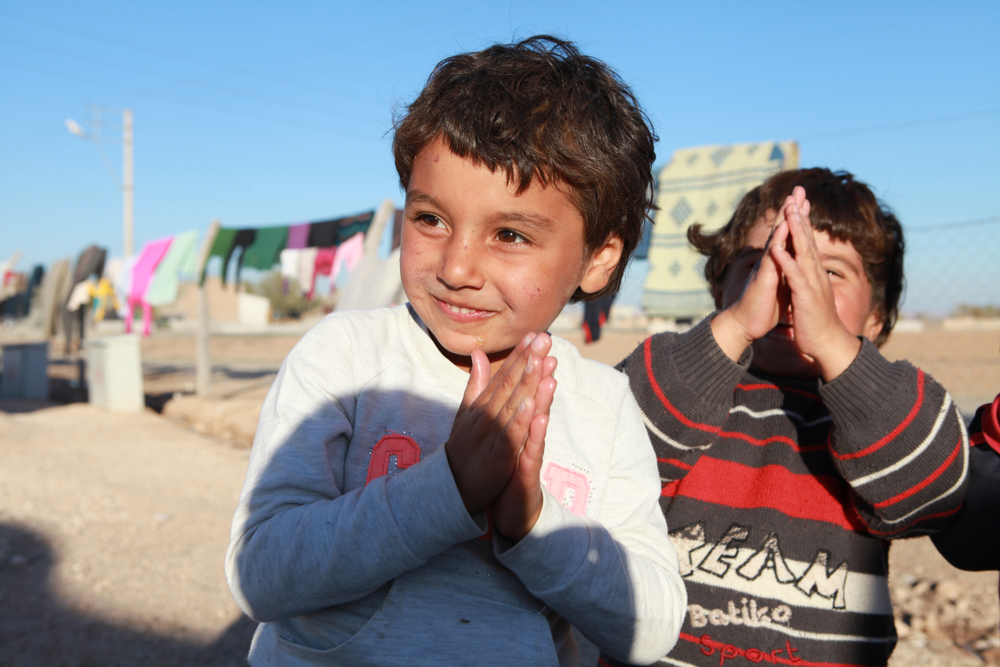Play all audios:
Whenever there is armed conflict, the public here want to know just two things: Who Are The Bad Guys, and What Are We Going To Do About It? The fighting in Syria is rather too complex for
this simple analysis and response. The Turkish invasion of Kurdish areas illustrates this perfectly. The US has been condemned for ‘betraying’ the Kurds by withdrawing its forces. Donald
Trump did not help this by his justification that the Kurds had not assisted the Allies in World War II, on which topic no further comment is required. The context in the news media of Part
14 of the Syrian Civil War is far too blinkered. This is actually Part 94 of the Eastern Question. The Decline and Fall of the Ottoman Empire has been the background for most major world
events for the last 170 years or so. It was conflict following the withdrawal of the Ottomans from their European possessions that triggered the First World War. The Ottomans dominated the
Middle East, and the question of which power would replace them was the central issue of European foreign policy from the mid-to-late 19th century. All fighting in the region, since 1918, is
due to how the former Ottoman territories were partitioned and governed. These post-Ottoman conflicts started to have global ramifications from 1948. Kurdistan is but one aspect of the
Eastern Question, but one that is quite intimate to Turkey. The Kurds, like most post-Ottoman ethnicities, did not benefit from Point XII of Wilson’s Fourteen Points, which stated: “The
Turkish portion of the present Ottoman Empire should be assured a secure sovereignty, but the other nationalities which are now under Turkish rule should be assured an undoubted security of
life and an absolutely unmolested opportunity of autonomous development[…]” The reason for this was that, unlike Germany, Austria-Hungary and Bulgaria, Turkey rejected their Allied-imposed
peace treaty. War was resumed, but Turkey defeated the Allies. The consequent Treaty of Lausanne made no reference to the Kurds. Kurdistan straddles four modern countries: Turkey, Syria,
Iraq, and Iran. Its historic claim to nationhood is questionable. Kurdistan is not a Middle Eastern version of Belgium or Denmark. Its territorial integrity was less to do with a
hierarchical sense of nationalism, backed by military force, and more to do with geography. It is highly mountainous and, rather like Afghanistan, impossible to dominate using the kinds of
armed forces employed by major powers for the last three centuries or so. Like Afghanistan, its peoples were tribal. Settled tribes depended on agriculture, while nomadic ones had sheep
farming, moving with the seasons from the valleys to the hillsides. Others also employing brigandage along trade routes. There was co-existence with Christian Armenians, but there were
occasional ethnic-based massacres. The problem for Turkey is that any independent Kurdish state established in former Syrian territory would run the risk of being a base for insurgent Kurds
in Turkish territory. Turkey has been victim to numerous acts of murderous violence from Kurdish communist paramilitaries the PKK. The experience of South Vietnam, South Korea, and Northern
Ireland, where ethnic identity straddled a national border, has to inform their policy. Thus, Turkey is merely securing its southern border to protect its territorial integrity, which seems
reasonable. They may also have designs to dilute the Kurdish majority with the three million or so Syrian refugees Turkey agreed to look after, rather than let them travel to Europe. That
the Kurds have been historic victims of atrocity by host nations is not in doubt. The world looked on in horror at Saddam Hussein’s gassing of Iraqi Kurds in 1988. Yet when the international
political will to topple this mass-killer emerged 14 years later, there was strong opposition, most notably from those who could have been reasonably expected to support the violent
overthrow of fascism wherever it appears in the world. There are some genocidal fascist dictators that the Left find acceptable, especially when these dictators oppose the US. So, what is
the solution to the Kurdish Question portion of the Eastern Question? Turkey is a proud country, rather like Britain in that it lost an empire, but unlike Britain it still has to find a role
befitting its imperial heritage. The century-old political divisions of its former territories have clearly failed, but the fighting seems to have been contained, such that it no longer has
significant global economic impact compared to 45 years ago. The most obvious solution would be some kind of Security Council-brokered peace conference, perhaps with some federalisation of
the Kurdish-majority territory. But, for that to happen, there has to be a general desire for peace. And, at present, this is absent.

